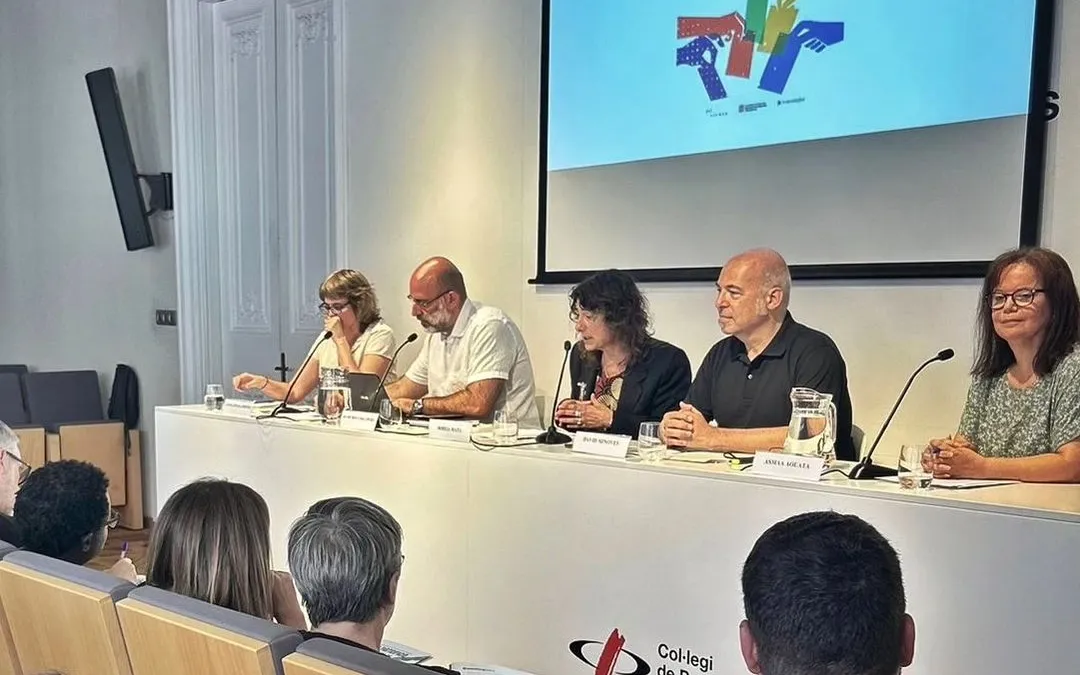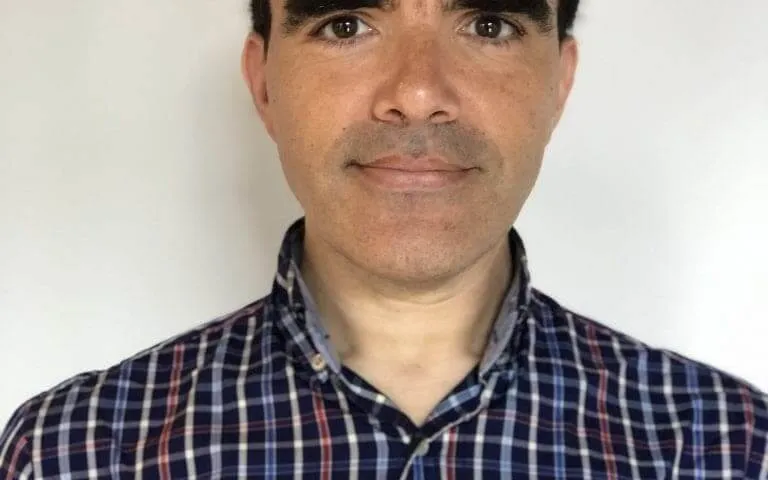The coordinator of the digital newspaper Nationalia talks about journalism and stateless nations.
David Forniès is a journalist and the coordinator of the digital newspaper Nationalia.
What is the mission of Nationalia?
The goal of the newspaper is to provide international news with journalistic quality and accuracy, taking as its main references the stateless nations and human diversity, beyond the usual approaches that tend to place the focus on States.
Nationalia does journalism. Political activism is the playing field of its mother organization (CIEMEN), but not for the newspaper per se. We embrace different voices and nuances, also those of people who are against greater autonomy or independence for these peoples.
Who are the legitimate voices of stateless nations and peoples?
I don’t have a general answer that can be applied to all regarding who is legitimate or not to talk on behalf of nations and peoples –that is, presuming there is someone legitimate to talk on behalf of whole peoples, which I strongly question.
Legitimate voices may be those of a wide variety of actors, from respect to democracy, to human rights and collective rights, including those of minorities: obviously the elected representatives, but also trade unions, civil society (cultural associations, women’s organizations, youth movements...), the academia, business, etc.
Is being stateless more an advantage or an inconvenience for freedom of press?
Freedom of press has many enemies, and especially authoritarianism and violence, but also the rack of transparency and accountability of the governing classes.
If we refer to media done by peoples who have the State against them, then the situation is even worse. Take a look at cases such as Turkey, or Indonesia in West Papua, and you’ll see.
How many stateless nations are there in the world?
This depends on where you are positioned or on the criteria used by a human group to determine who or what a nation is. To be conservative, and in the more restrictive sense, we could say there are several dozen; if we’re more flexible, one could say several hundred.
How do you coordinate the contents of the digital newspaper?
Our newspaper has limited human and financial resources, so it is the coordinator who writes a large amount of its contents –in this case, I myself; I also keep track of the latest news referring to stateless nations to keep up with the events taking place. However, we do have some funds to ask freelance journalists to write for us.
Does Catalonia, being a stateless nation, coordinate with other stateless peoples?
Civil society organizations in Catalonia have, for many years, been in touch with other organizations from stateless peoples, especially in Europe, but also from the southern and eastern shores of the Mediterranean, as well as from Central and Southern America.







Add new comment